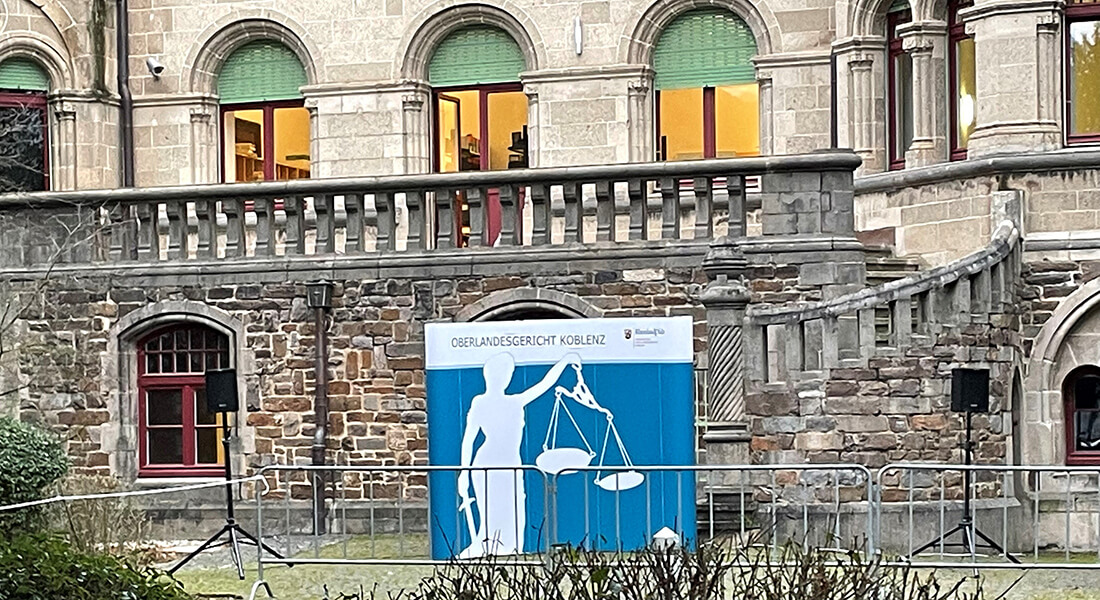The Remaking of International Criminal Justice: Syria and a Field in Crisis
The project examines the emergence, evolution and implementation of novel modalities of investigating and prosecuting core international crimes as seen in the context of the Syrian conflict.

Grounded in a decentralised institutional ethnography, the project will trace developments in the field of international criminal justice from the outset of the Syrian conflict to the present day within the parameters and context of the ongoing criminal case against Anwar, R. – the highest-ranking Syrian Regime member apprehended in Europe. The aim of the research will be to establish a ethnographic representation of the current configuration of the field of practice as seen contemporaneously and in real time.
The longevity of the Syrian conflict and the prolonged absence of international public bodies with a mandate to investigate and prosecute war crimes and crimes against humanity committed in the country have led to the emergence of novel modalities of international criminal justice practice. The momentum behind criminal-justice accountability for international criminal and humanitarian law violations in Syria courses through extra-territorial jurisdictions and rests, to a great degree, on the efforts of non-public, civil society actors. The functions of these actors, the cooperation modalities between them, and the institutional re-configuration of these actors in the larger field of international criminal justice remain understudied. Building on a specific methodological approach, ethnography; a particular empirical case, the investigation and prosecution of Anwar, R. – the highest-ranking Syrian official apprehended in Europe; and active institutional agents in the field, this project examines the shift from the public and international level to the non-public and national level in the investigation and prosecution of core international crimes. Informed by the urgency of the subject in the given context, it investigates: i) the conditions of emergence of new approaches in the investigation of serious crimes in Syria; ii) the conditions of possibility for criminal-justice accountability created by institutional actors and mechanisms in the field; and iii) the conditions of sustainability under which the observed innovations in the practice can affect structural and normative change to the field at large.
The project is led by Professor Henrik Vigh in collaboration with Petya M. Koleva, PhD Fellow.
Researchers
| Name | Title | Phone | |
|---|---|---|---|
| Search in Name | Search in Title | Search in Phone | |
| Henrik Vigh | Professor | +4541111430 |
Funded by:
This project is funded by FKK through the research grant entitled Economic, Social and Cultural Rights in the Age of Transitional Justice.
Project: Economic, Social and Cultural Rights in the Age of Transitional Justice
Period: 2019 - 2024
Contact
Name: Henrik Vigh
Mail: hv@anthro.ku.dk
Telephone: + 45 35 32 34 91
Name: Petya Mitkova Koleva
Mail: pmk@anthro.ku.dk

